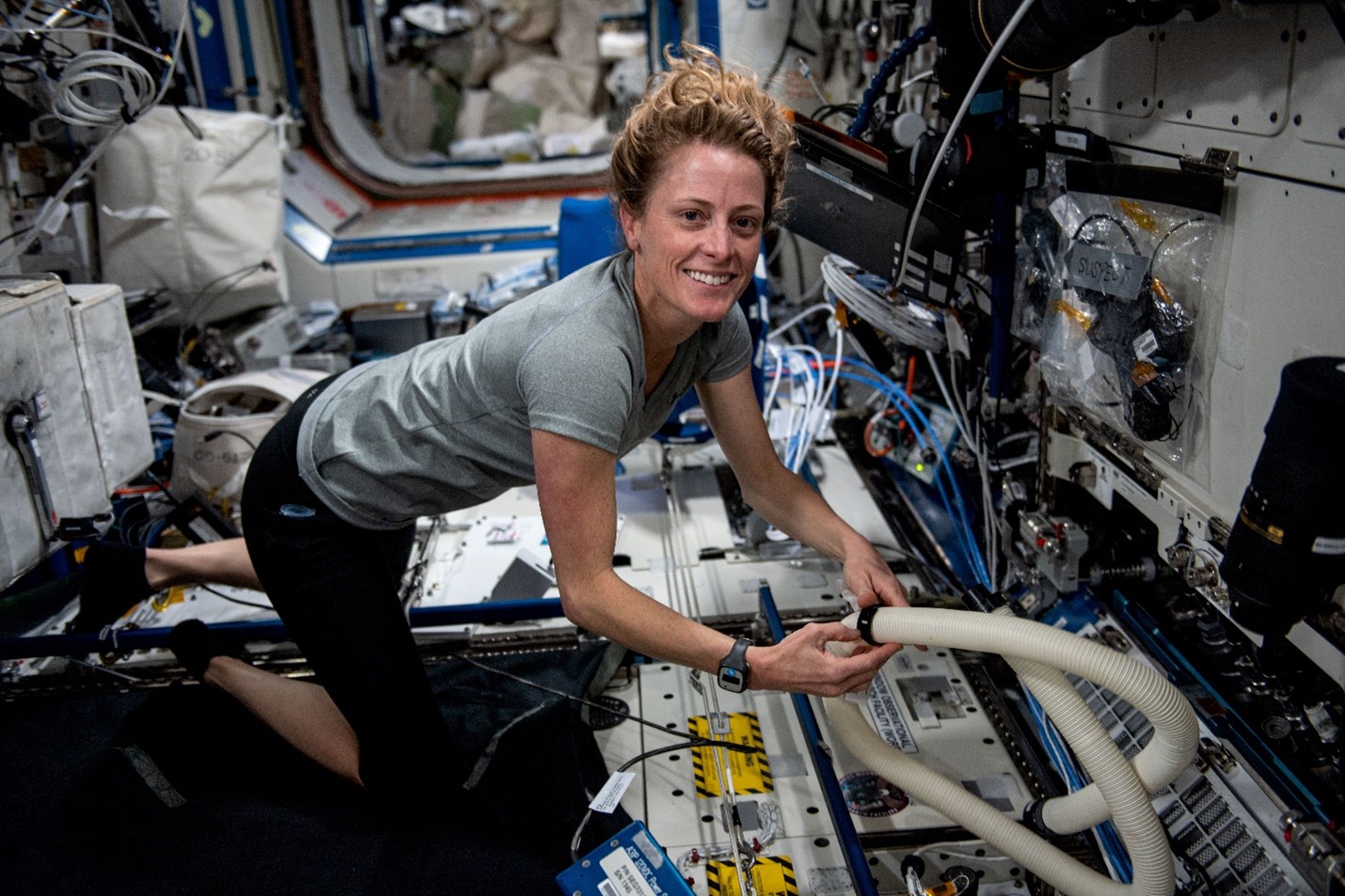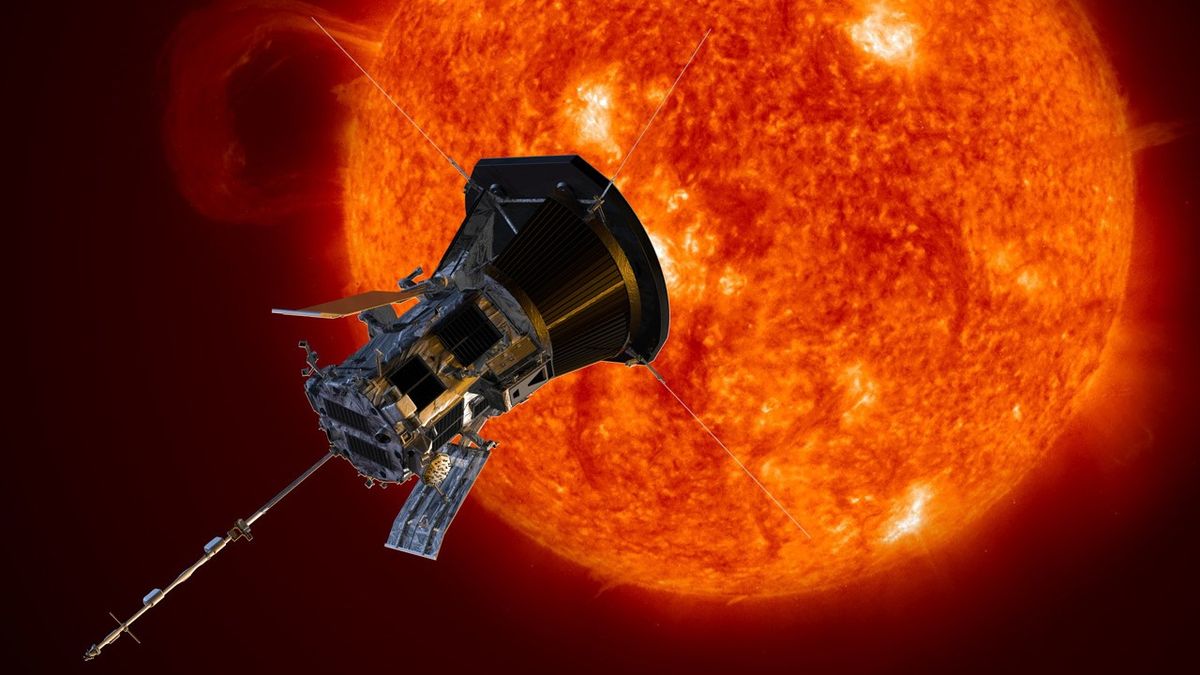
NASA astronaut and Expedition 70 Flight Engineer Loral O’Hara scrubs spacesuit cooling loops in preparation for a round of spacewalks.
NASA
Students, staff, and researchers from Massachusetts General Hospital, Harvard Medical School, and two local public schools in Boston will have an opportunity next week to hear from NASA astronaut Loral O’Hara aboard the International Space Station.
The Earth-to-space call will air live at 9:55 a.m. EST Tuesday, Jan. 23, on NASA+, NASA Television, the NASA app, and the agency’s website. Learn how to stream NASA TV through a variety of platforms including social media.
O’Hara will answer prerecorded questions from students at Boston’s Harvard-Kent Elementary and Warren-Prescott School in partnership with Massachusetts General Hospital, Harvard Medical School, and researchers involved in NASA’s Complement of Integrated Protocols for Human Exploration Research (CIPHER). The investigation studies neurobehavioral and physiological adaptations to spaceflight aboard the station. Graduate and undergraduate students will facilitate engaging hands-on STEM activities with the participating K-12 students on the day of the event.
Media interested in covering the event must RSVP no later than 5 p.m. Monday, Jan. 22, to Brandon Chase at bchase7@mgh.harvard.edu or 617-726-6422.
For more than 23 years, astronauts have continuously lived and worked aboard the space station, testing technologies, performing science, and developing the skills needed to explore farther from Earth. Astronauts living aboard the orbiting laboratory communicate with NASA’s Mission Control Center in Houston 24 hours a day through the Space Communications and Navigation (SCaN) Near Space Network.
Important research and technology investigations taking place aboard the International Space Station benefits people on Earth and lays the groundwork for future exploration. As part of the Artemis campaign, NASA will send astronauts to the Moon to prepare for future human exploration of Mars. Inspiring the next generation of explorers – the Artemis Generation – ensures America will continue to lead in space exploration and discovery.
See videos and lesson plans highlighting research on the space station at:
https://www.nasa.gov/stemonstation
-end-
Katherine Brown
Headquarters, Washington
202-358-1288
katherine.m.brown@nasa.gov
Sandra Jones
Johnson Space Center, Houston
281-483-5111
sandra.p.jones@nasa.gov
Details
Last Updated
Jan 19, 2024











